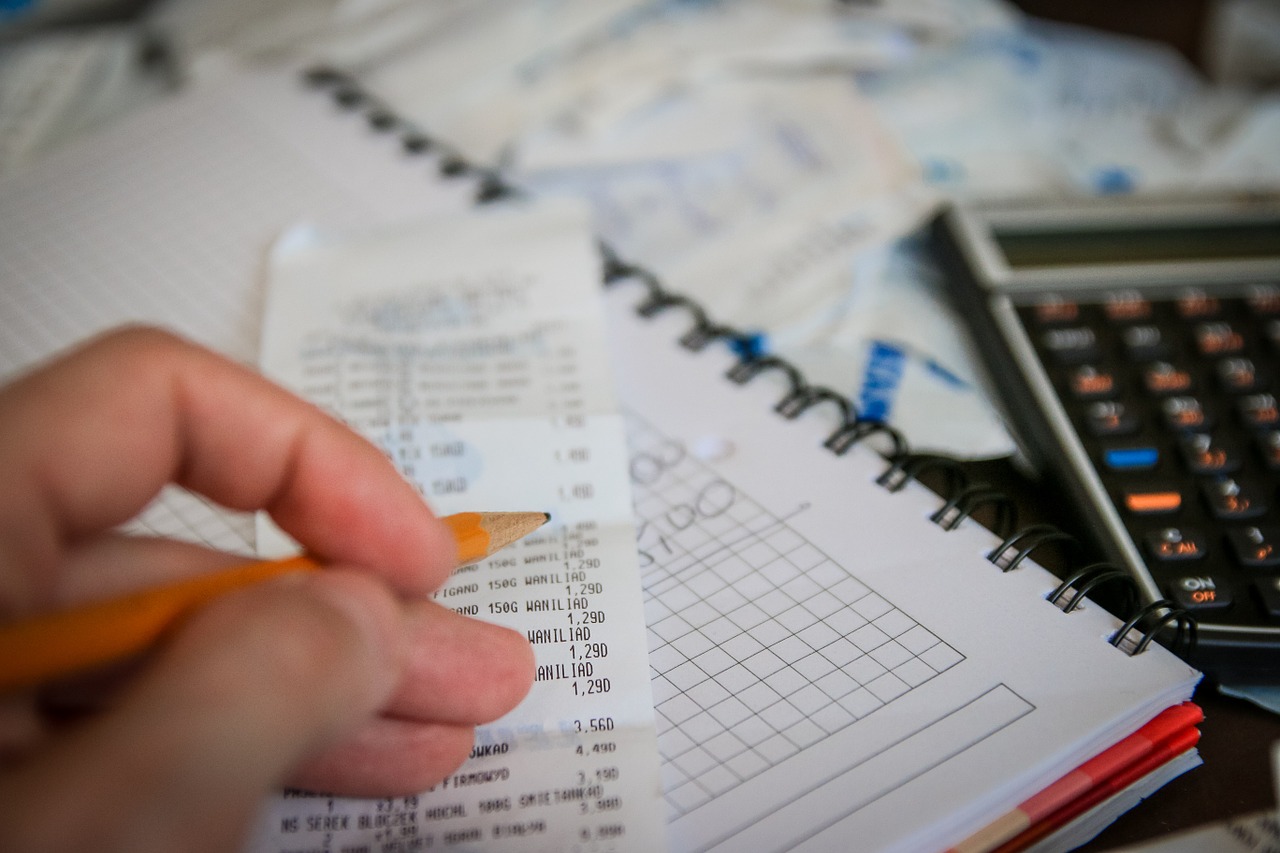
Ah, those dreaded taxes!
Striking fear into the heart of business owners everywhere, our only hope is that we have made enough of a profit to pay back whatever taxes are owed.
To prepare for them, we might also cut costs within our businesses so that we have enough money stored in our bank accounts to strengthen ourselves financially should we get a nasty surprise once tax season arrives. And while this is perfectly reasonable, frugality can sometimes give our businesses less room to grow.
Thankfully, we can reduce our taxes, and that is by taking advantage of the deductions that can be afforded us. So, rather than resist the need to buy new equipment for your business, and rather than curbing other essential spending needs, provided you can prove a genuine business purpose for your spending, you can list them as deductibles on your tax return. And that, especially for home business owners looking to grow their business, can only be a good thing.
In this article, we will list some of the deductions that you can use to positively impact your tax bill. This list isn’t exhaustive, however, so be sure to continue your research online, and speak to an accountant for professional advice on other deductions you can make, and for information on tax laws that might be specific to your location. Be sure to keep all of your receipts and bank statements too, as you will need these as proof of your spending should the IRS come calling.
These are just a few of the things you can use as deductibles on your tax return.
#1: Education and training
If you can prove that a training course is necessary for the running of your business, then you can add the costs to your tax bill. The same applies to any conferences you attend, and not only is the registration fee deductible, but travel and accommodation costs are too. Of course, the IRS might have cause to question you if you opted for first-class train and hotel costs, so still, be frugal when you’re exploring your options.
#2: Equipment and tools
As a business owner, there are bound to be things that are necessary for the running of your business. You will probably need a computer, for starters, as well as other office-based equipment for the day-to-day running of your operations. And you will need specific equipment for the type of business you own too, such as the best embroidery machine for home business use if you are in the field of fashion, or specific pieces of computer software if you’re working in web design. Provided the items you purchase are genuinely bought for business use, then you can use these to offset your tax bill.
#3: Postage costs
Okay, so postage stamps don’t cost a lot to buy, but over a year, the expense will add up. Thankfully, these can be included on your tax return. And you can also claim on other postal costs, such as the fees that are associated with shipping companies if you rely on them for your business. Be aware, however, that you can’t claim if you are charging your customers for any related shipping costs, but considering the fact that you probably use free shipping as a means to retain customer loyalty anyway, this might not apply to you.
#4: Utility costs
Those home bills sure do add up, especially if you are spending more time at home because of your business. Thankfully, you can use these to offset your tax bill, applying a share of your expected electricity, water, and internet costs to your tax return. There should be an explanation on how to work these out on the IRS website, so have a look or contact them directly.
#5: Client and employee gifts
As a business owner, you know that to retain clients to your business; you do need to keep them happy. And the same applies to any employees that are working for you. One way to do this is to buy them a gift occasionally, perhaps on their birthdays or some other kind of anniversary. Thankfully, you can partially reduce the cost to yourself by adding these expenses to your tax return. However, there are rules you need to adhere to, so don’t assume you can splash the cash on extravagant gifts for your clients or employees as the IRS does set limits. Check the linked article for more advice.
#6: The use of your car
When preparing your business taxes, you can use the standard mileage rate if you have genuinely used your car for business purposes. As mentioned earlier, you might have driven to a conference, or you might have used your car to attend other business meetings. Of course, you can’t fund your road trips this way, although if there happened to be an important business meeting en route, you might still be able to mx business with pleasure and offset some of your fuel costs.
#7: Marketing expenses
There are all kinds of ways to market your business for free, of course, but sometimes, you can profit your business if you are willing to splash your cash. You might take out ads in local newspapers and magazines, for example, or you might pay for radio and television ads to broadcast your business to the masses. While these methods are expensive, you can offset the costs because they are tax-deductible. Add these to your tax return, and do the same for any other types of promotional material you use for your business, such as the printing costs for your business cards and brochures.
Finally
We have only provided a few examples of tax deductibles here, but there is a wealth of information online, and as we suggested earlier, the services of an accountant will also prove useful when looking at what to add to your tax return. Check with the IRS too, especially when you are unsure as to how to apportion fuel and utility costs, as you don’t want to make any mistakes that could later prove costly to you.
Thanks for reading.



